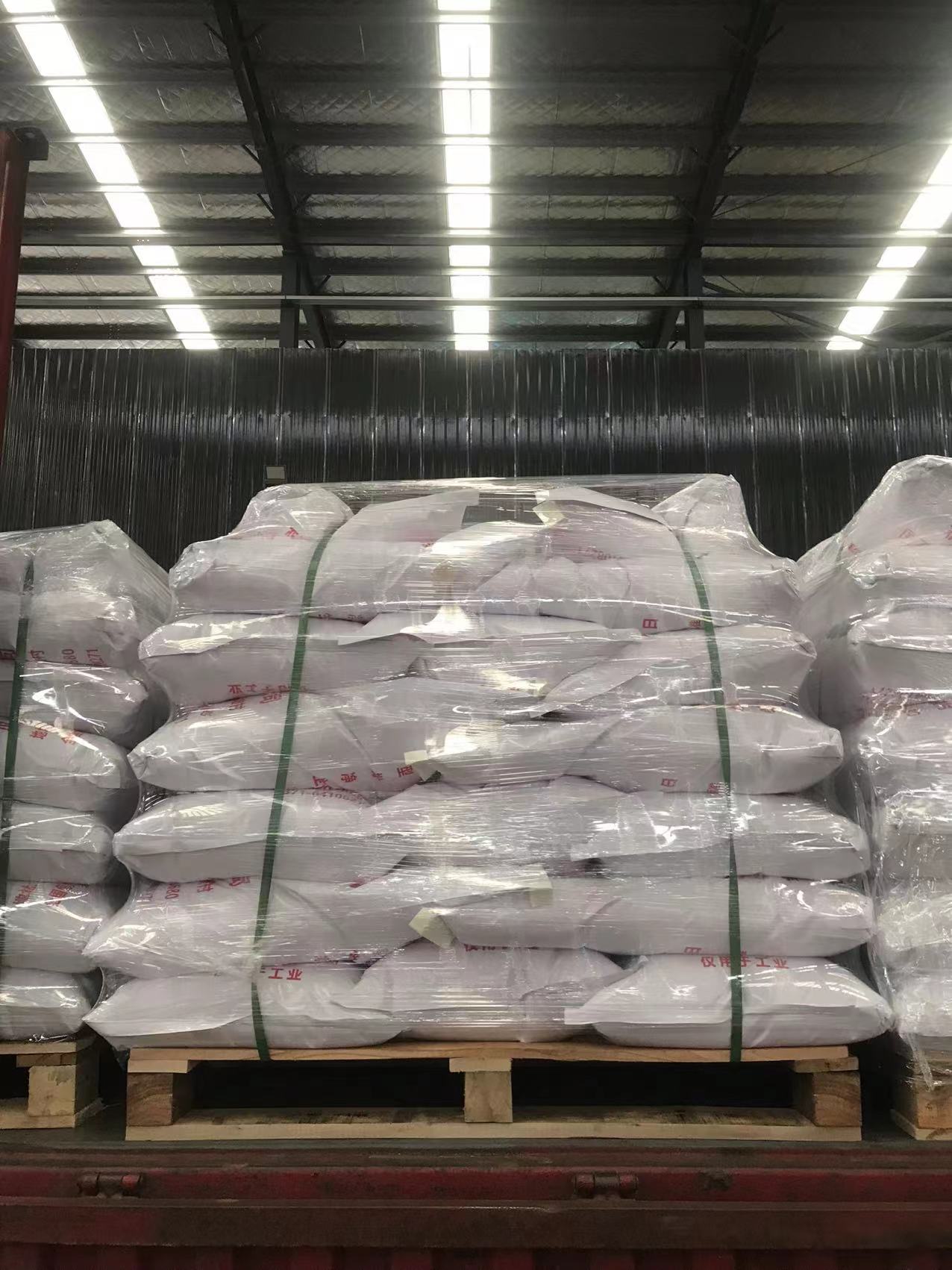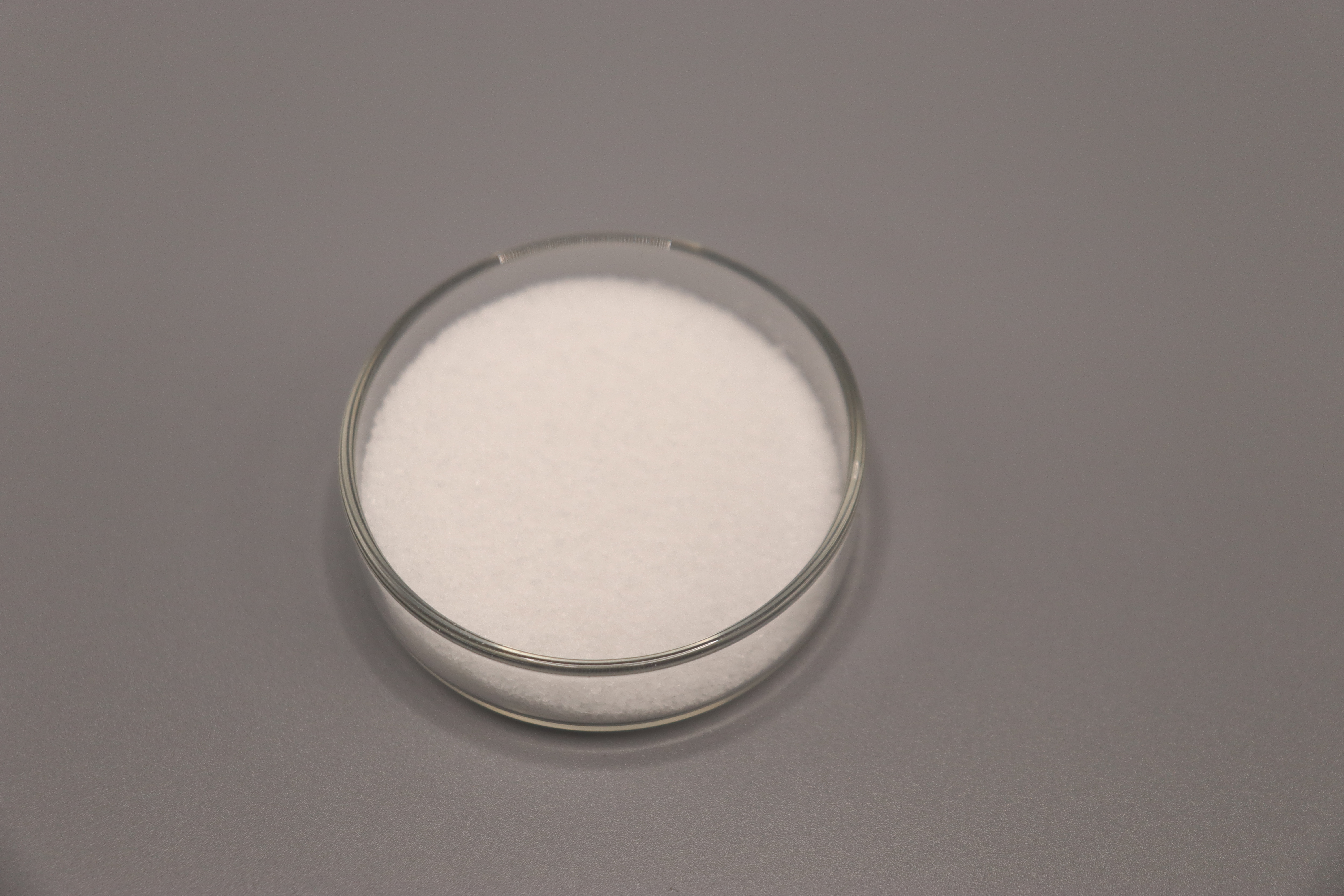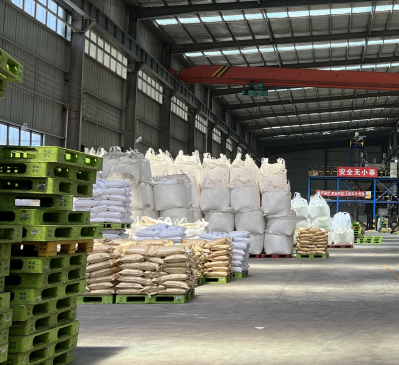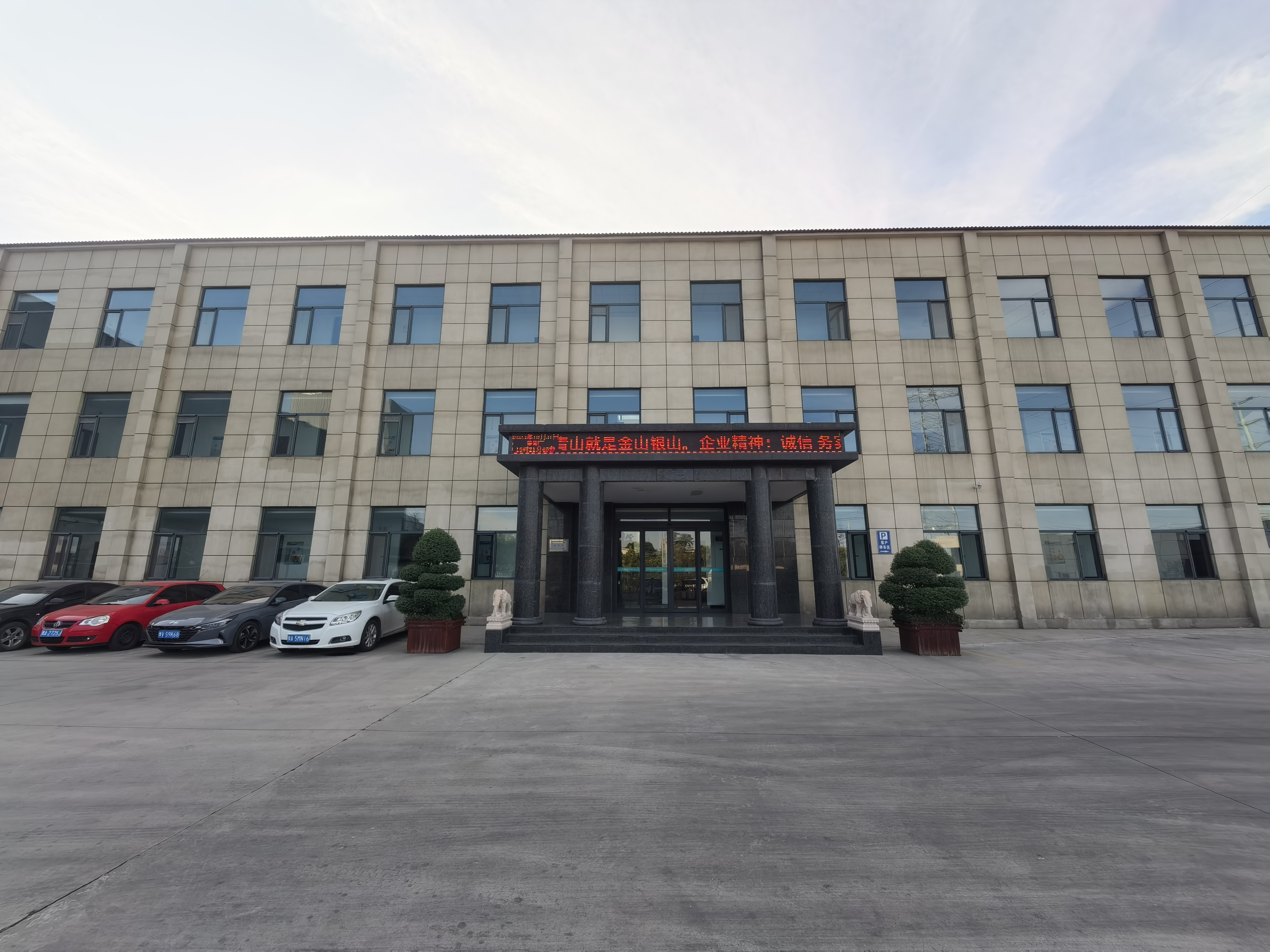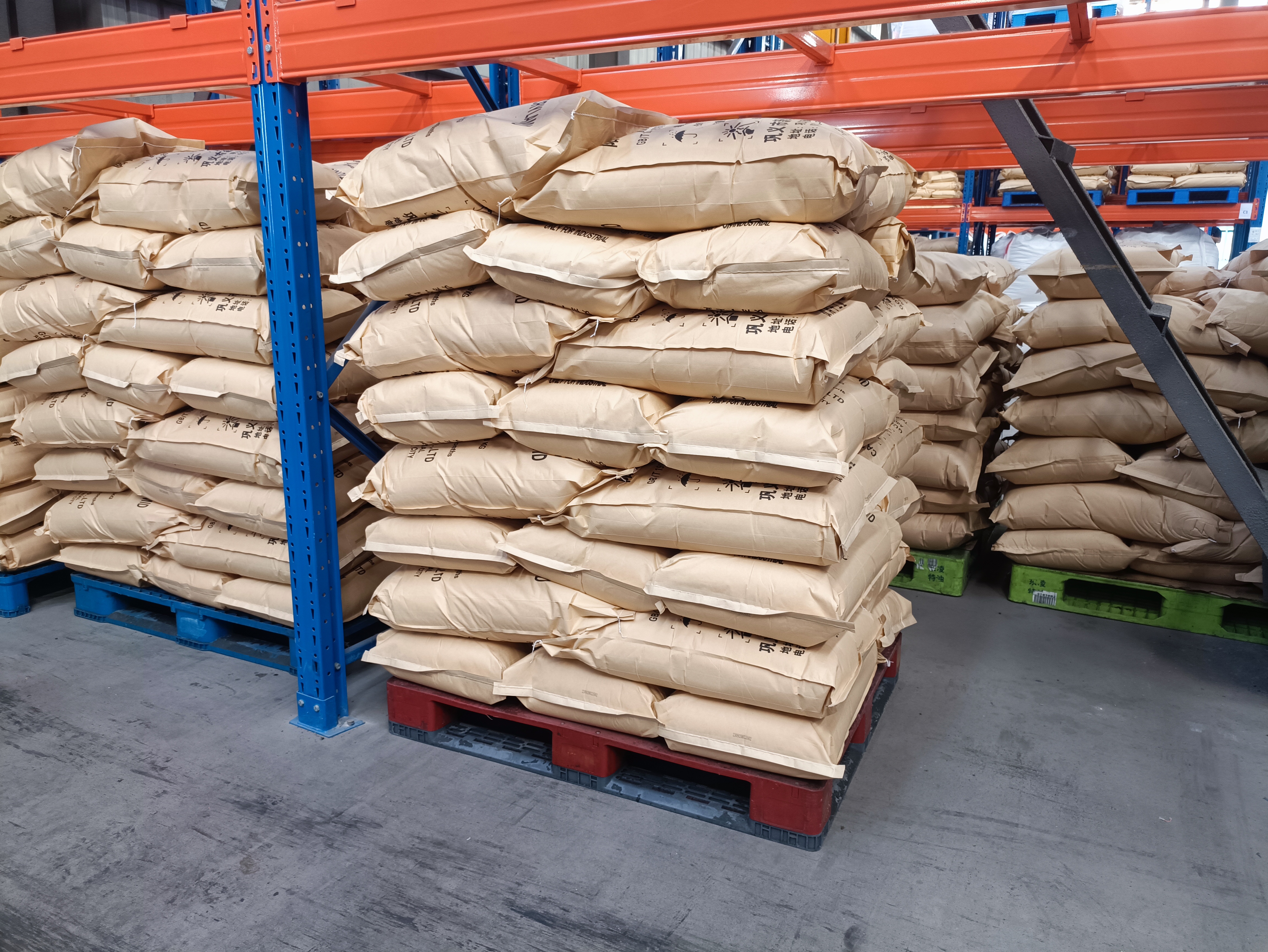Polyacrylamide: The Ultimate Guide to Its Uses and Benefits
What is Polyacrylamide?
Polyacrylamide is a versatile polymer widely used in various industries for its ability to modify the physical and chemical properties of water. This synthetic compound is composed of acrylamide subunits, offering unique flocculating, thickening, and binding properties. Whether you’re in the water treatment, mining, or agriculture industry, polyacrylamide has become an essential tool for improving efficiency and sustainability.
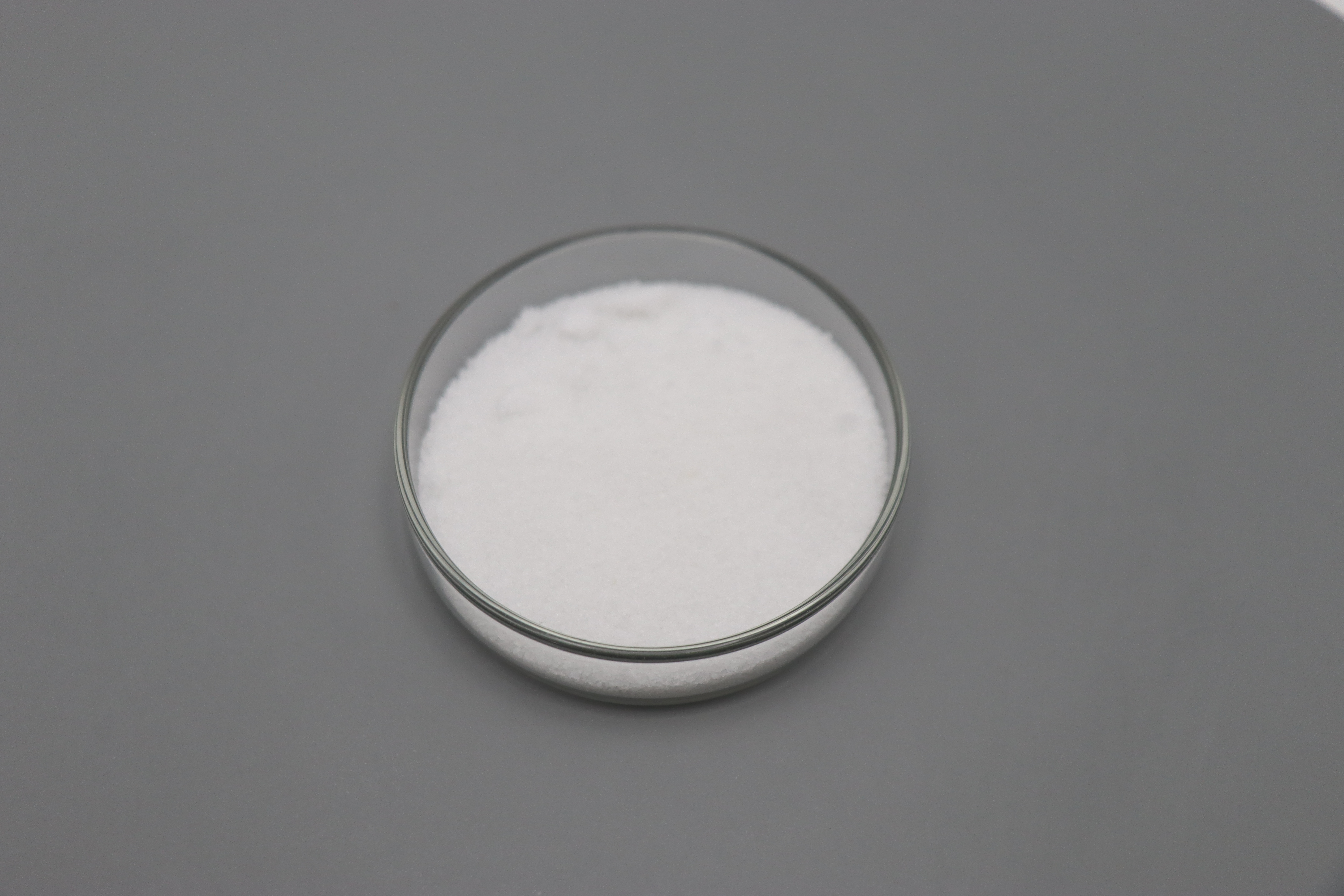
Applications of Polyacrylamide
Polyacrylamide finds applications in a variety of fields. Here are some of the most common uses:
- Water Treatment: Polyacrylamide is primarily used as a flocculant to remove suspended particles and impurities from wastewater and drinking water.
- Mining: The polymer is used in mineral processing to separate valuable minerals from waste materials.
- Agriculture: In agriculture, polyacrylamide is applied to prevent soil erosion, improve water infiltration, and retain moisture in the soil.
- Oil and Gas: It acts as a thickening agent in enhanced oil recovery processes.
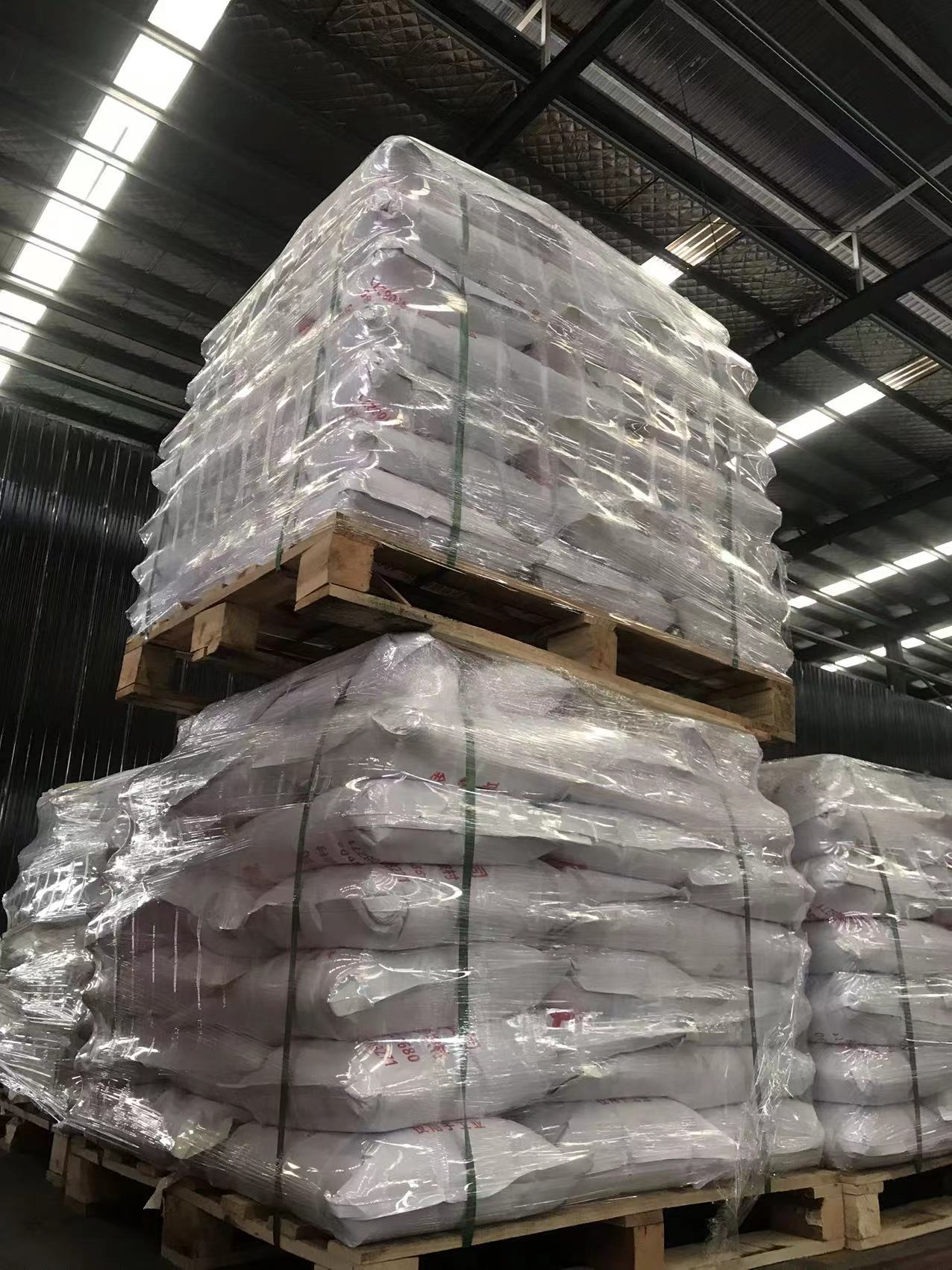
Benefits of Using Polyacrylamide
Using polyacrylamide offers several advantages:
- Improved Water Quality: By efficiently removing contaminants, it ensures cleaner water for industrial and domestic use.
- Cost-Effective: Due to its high efficiency, lower quantities are needed compared to other alternatives, reducing operational costs.
- Environmental Sustainability: Polyacrylamide aids in reducing waste and conserving natural resources, making it an eco-friendly option.
How to Choose the Right Polyacrylamide
When selecting polyacrylamide for your specific application, consider the following factors:
- Application type (e.g., wastewater treatment or soil conditioning).
- The molecular weight and ionic charge of the polyacrylamide.
- Compatibility with other chemicals in your system.
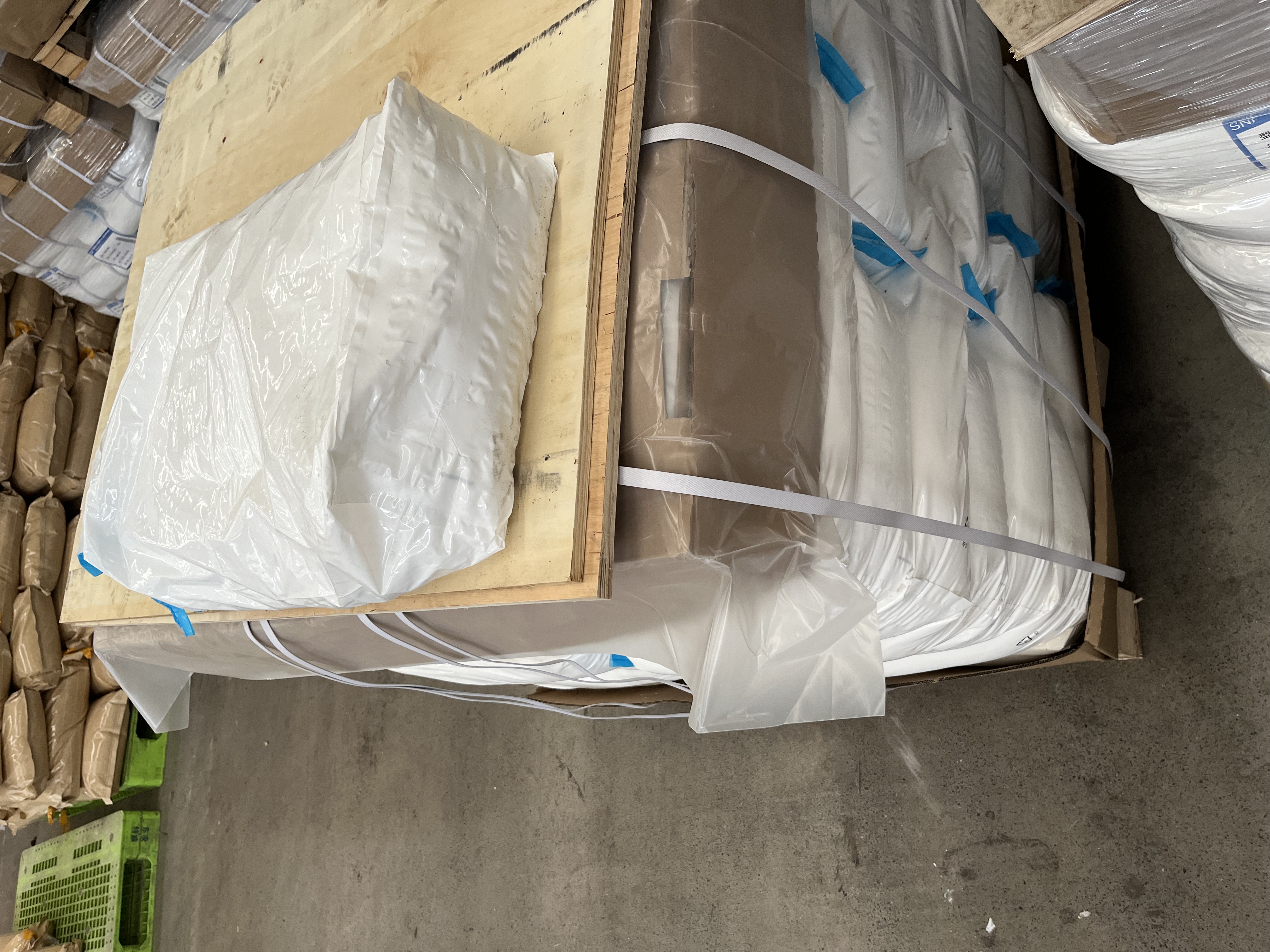
Conclusion
Polyacrylamide is a game-changer in various industries due to its wide range of applications, from water treatment to agriculture. Its versatility, efficiency, and eco-friendly properties make it an indispensable tool for enhancing productivity and sustainability. By understanding its benefits and choosing the right type for your needs, you can maximize its potential in your operations.


